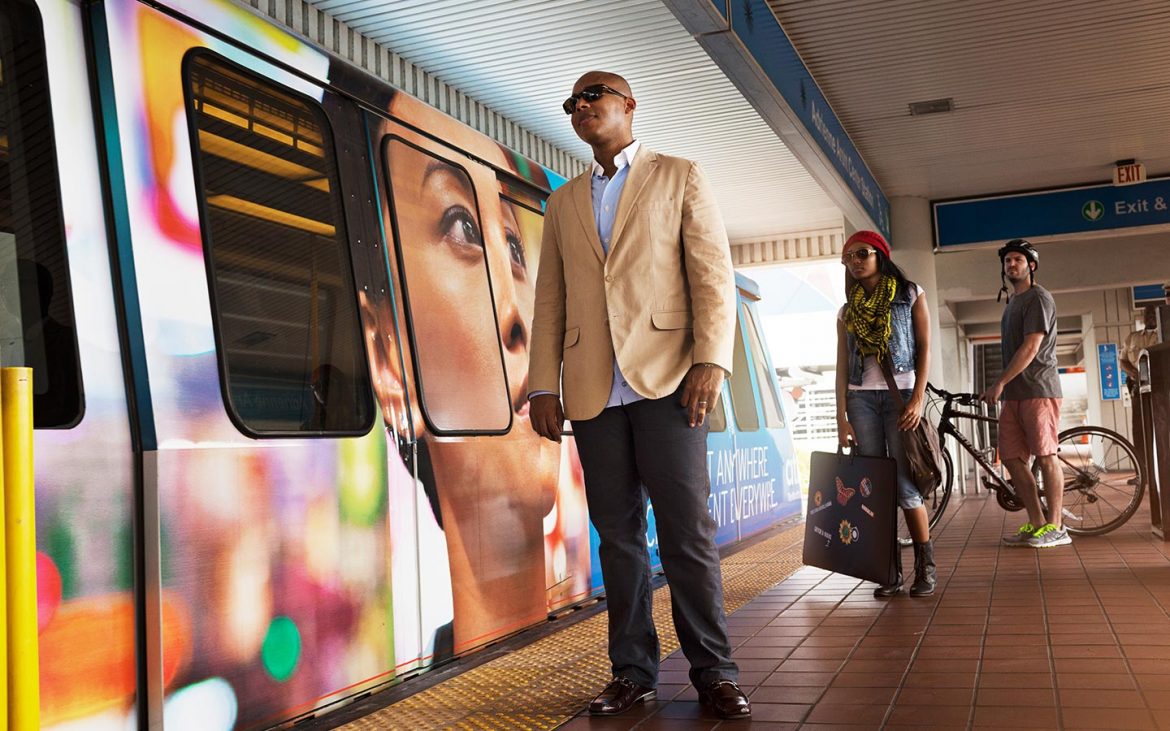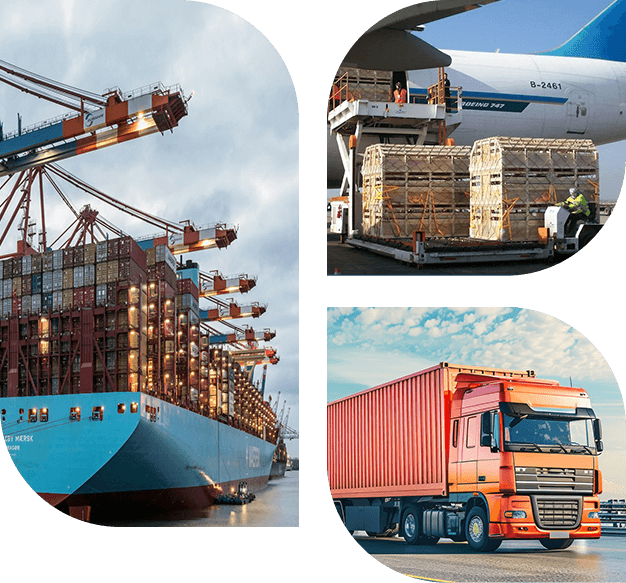In the bustling cities and quiet towns across the globe, public transportation serves as the lifeblood of daily commutes. Buses, trams, trains, and metros transport millions of people to their destinations every day. However, the cost of public transportation is a significant concern for many, leading to a growing debate: should public transportation be free? This article explores the reasons why public transportation should be free, considering the economic, social, and environmental implications.
- Economic Benefits
The first argument for free public transportation is its potential to stimulate economic growth. When public transportation is free, more people are likely to use it, reducing the number of cars on the road. This decrease in traffic can lead to less congestion, fewer accidents, and reduced infrastructure wear and tear, saving the government significant amounts of money in the long run.
Moreover, free public transportation can increase mobility for low-income individuals, enabling them to access better job opportunities and contribute more to the economy. It can also boost local businesses by increasing foot traffic in city centers.
- Social Equity
Free public transportation can also promote social equity. Transportation costs can be a significant burden for low-income households, limiting their access to essential services, education, and job opportunities. By making public transportation free, we can ensure that everyone, regardless of their income level, has equal access to opportunities and services.
- Environmental Sustainability
From an environmental perspective, free public transportation can significantly reduce carbon emissions. Private vehicles are one of the leading contributors to greenhouse gas emissions. By encouraging more people to use public transportation, we can reduce our carbon footprint and contribute to the fight against climate change.
- Health Benefits
Lastly, free public transportation can lead to healthier communities. Reduced car usage means less air pollution, leading to better air quality and lower rates of respiratory diseases. Moreover, public transportation often involves some level of physical activity, such as walking to the bus stop or station, which can contribute to improved public health.
However, it's important to note that making public transportation free is not without challenges. It requires substantial funding and careful planning to ensure that the system can accommodate increased demand without compromising service quality. Therefore, while advocating for free public transportation, we must also advocate for increased investment and innovation in public transportation infrastructure.
In conclusion, making public transportation free can bring significant economic, social, environmental, and health benefits. It's a bold step towards a more equitable, sustainable, and healthy future. As we navigate the complexities of the 21st century, free public transportation could be a powerful tool in our arsenal to create more inclusive and sustainable cities.


